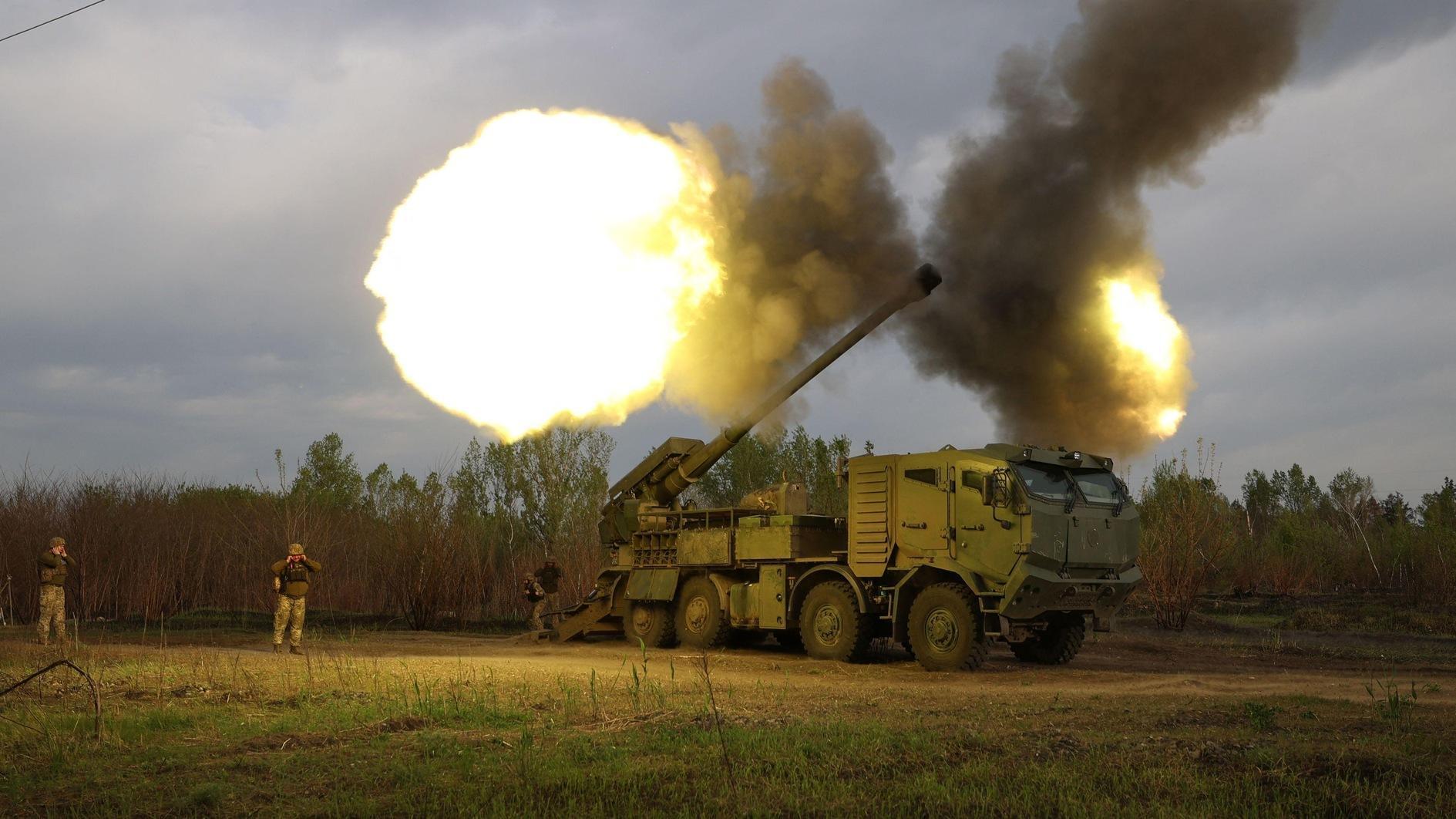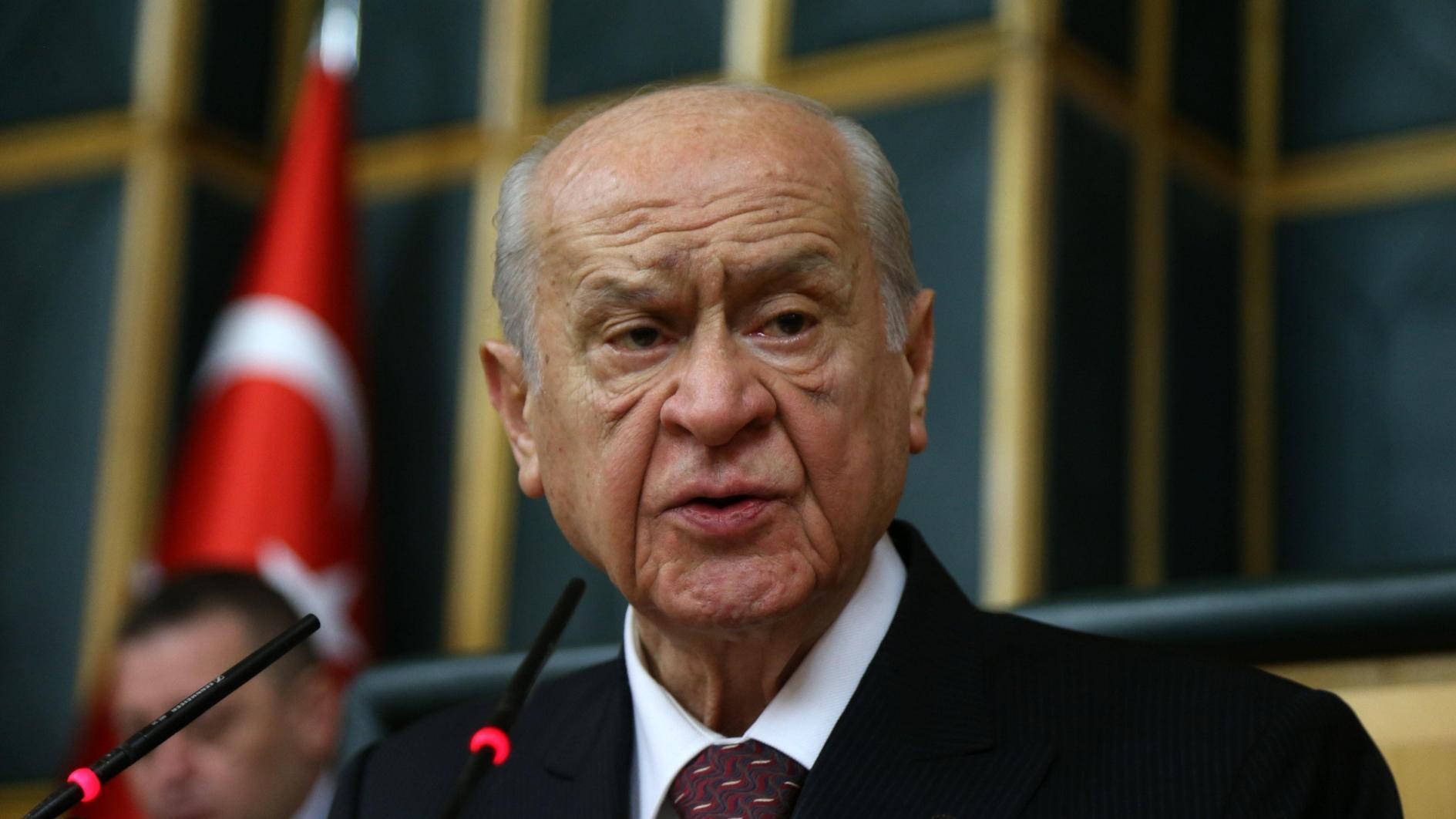The global spread of the coronavirus: Where is it?
BEIJING-Agence France-Presse

This illustration provided by the Centers for Disease Control and Prevention in Jan. 2020 shows the 2019 Novel Coronavirus (2019-nCoV). This virus was identified as the cause of an outbreak of respiratory illness first detected in Wuhan, China. (Centers for Disease Control and Prevention via AP)
A virus similar to the SARS pathogen has killed 259 people in China and spread around the world since emerging in a market in the central Chinese city of Wuhan.
On Feb. 1, China's National Health Commission said nearly 12,000 people have been infected by the novel coronavirus.
Outside mainland China, there have been more than 100 infections reported in more than 20 countries.
The World Health Organization has declared an international emergency over the outbreak.
Here are the places that have confirmed cases of the 2019 novel coronavirus:
- As of Feb. 1, 11,791 people have been infected across China, the majority in and around Wuhan.
- Most of the 259 who have died were in that region, but officials have confirmed multiple deaths elsewhere, including in the capital Beijing.
- Ten patients have been confirmed in Australia. Most of them arrived in the country from Wuhan or Hubei province.
- Cambodia's health ministry has so far reported one case, a 60-year-old man who arrived from Wuhan.
- In Hong Kong, 13 people are known to have the disease.
- Officials confirmed the first case in Kerala, southern India, on Jan. 30. The woman, a student at Wuhan University, was isolated at a hospital. Health authorities said they had registered 14 cases, including two cases of human-to-human transmission.
- Macau, a gambling hub hugely popular with Chinese mainland tourists, has confirmed seven cases.
- Malaysia has confirmed eight cases so far, all Chinese nationals.
- Nepal has reported one case so far: a man who arrived from Wuhan.
- The Philippines reported its first case of the virus on Jan. 30, a 38-year-old woman who arrived from Wuhan and is no longer showing symptoms.
- Singapore announced three new cases on Jan. 31, bringing its total to 16.
- South Korea on Feb. 1 confirmed one more case of the virus -- a 49-year-old Chinese man who worked as a tour guide in Japan. He arrived in South Korea from Japan on January 19, authorities said. The latest case takes the total in the country to 12.
- Sri Lanka has confirmed one case -- a 43-year-old Chinese tourist from Hubei province.
- Taiwan has uncovered 10 cases so far, including two female Chinese nationals in their 70s who arrived in the country as part of a tour group.
- Thailand has announced 19 confirmed infections.
- Vietnam reported one more case on Feb. 1, taking the total in the country to six. State media said the latest case is a 25-year-old hotel receptionist in central Khanh Hoa province.
- Canada has confirmed four cases so far.
- The United States has confirmed seven cases: three in California, two in Illinois, one in Arizona and one in Washington state.
- British health officials on Jan. 31 announced that two people had tested positive for the virus, the country's first confirmed cases. A tourist from Wuhan tested positive for the virus on Jan. 29 and was being treated in isolation in hospital, officials said. There are six known cases in France, the first European country to be affected.
- Germany now has seven confirmed cases.
- Italian Prime Minister Giuseppe Conte announced the first two cases in his country on Jan. 30-- two Chinese tourists who recently arrived in Italy.
- Russia said on Jan. 31 that two Chinese citizens had tested positive in the country's first cases.
- Sweden on Jan. 31 announced its first case, a woman whose nationality has not been revealed.
- Spain reported its first case late on Jan. 31in a man on the island of La Gomera in the Canaries who was one of five people isolated after coming into contact with a German man with the illness.
- UAE health officials have confirmed a Chinese family of four tested positive for the virus after arriving from Wuhan.
Wuhan officials have been criticised online for withholding information about the outbreak until late December despite knowing of it weeks earlier.
China finally lurched into action last week, effectively quarantining whole cities in Hubei and tens of millions of people.
Unprecedented safeguards imposed nationwide include postponing the return to school, cutting bus and train routes, and tightening health screening on travellers nationwide.
But the toll keeps mounting at an ever-increasing pace, with health authorities on Feb. 1 saying 46 more people had died in the preceding 24 hours, all but one in Hubei.
Another 2,102 new infections also were confirmed, bringing the total to nearly 12,000 -- far higher than the Severe Acute Respiratory Syndrome outbreak of 2002-03.
SARS, which is caused by a pathogen similar to the new coronavirus and also originated in China, killed 774 people worldwide, most of them in China or Hong Kong.
The World Health Organization declared the outbreak a global emergency on Thursday but did not advise international trade or travel restrictions.
It warned on Jan. 31 that closing borders was probably ineffective in halting transmission and could accelerate the virus's spread.
But authorities around the world pressed ahead with preventive measures.
Thai health officials on Jan. 31 said a taxi driver became the kingdom's first case of human-to-human transmission.
Thailand joins China, Germany, Japan, France and the United States with confirmed domestic infections.
The health crisis has dented China's international image, putting Chinese nationals in difficult positions abroad, with complaints of racism.
In one striking example, more than 40,000 workers at a vast Chinese-controlled industrial park in Indonesia -- which also employs 5,000 staff from China -- were put under quarantine, the facility said on Jan. 31.
On the same day, China flew overseas Hubei residents back to the centre of the outbreak in Wuhan on chartered planes from Thailand and Malaysia, citing "practical difficulties" the passengers had encountered overseas.
Countries have scrambled to evacuate their nationals from Wuhan, with hundreds of U.S., Japanese, British, French, South Korean, Indian and Mongolian citizens evacuated so far, and more countries planning airlifts.
Russia said it would evacuate more than 2,500 of its citizens holidaying on China's Hainan island, far from the epicentre.
















